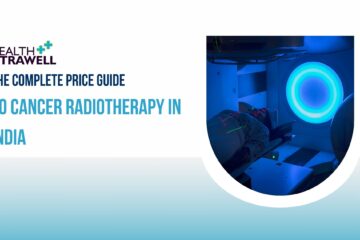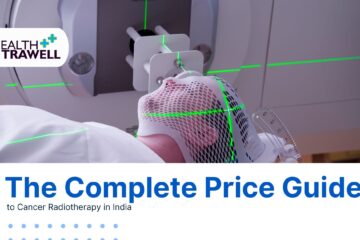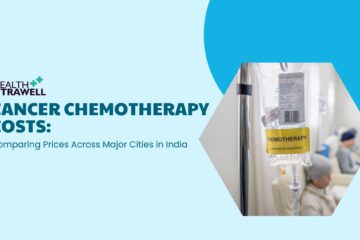For Your Understanding about Stem Cell Therapy

It is all about turning cells into cures!
What Are Stem Cells?
Stem cells are undifferentiated cells that have the ability to develop into various specialized cells of the body. These cells play a crucial role in the development, growth, and repair of tissues and organs in living organisms. Stem cells have unique properties such as self-renewal and differentiation that make them attractive for therapeutic purposes.
What Do Stem Cells Do?
Stem cells are a type of cell found in the human body that can develop into different types of specialized cells. Stem cells play a vital role in the development of the foetus, as they help to form the various tissues and organs of the body. In adults, stem cells help to maintain and repair tissues and organs, replacing cells that have been damaged or lost due to injury or disease.
Why Is There an Interest in Stem Cells?
There is a growing interest in stem cells because of their potential to treat a wide range of diseases and injuries. Stem cell therapy has the potential to help individuals with conditions such as spinal cord injuries, Parkinson’s disease, Alzheimer’s disease, heart disease, diabetes, and cancer. Stem cells have the potential to regenerate damaged tissues and organs, restoring their function and improving quality of life for patients.
Types of Stem Cells and Their Origin?
Stem cells can be found in various parts of the body, and they can also be obtained from different sources.
- Embryonic stem cells are obtained from embryos that are three to five days old. These embryos are typically created through in vitro fertilization (IVF) procedures that are conducted in a laboratory setting. The embryos used for research are donated by couples who have undergone IVF treatments and have no further use for the embryos.
- Adult stem cells are found in various tissues and organs of the body, including bone marrow, adipose tissue (fat), and blood. These cells are typically more limited in their ability to differentiate into different types of cells compared to embryonic stem cells.
- Induced pluripotent stem cells (iPSCs) are generated by reprogramming adult cells, such as skin cells, to a pluripotent state using genetic or chemical methods. These cells can then be differentiated into various types of specialized cells, similar to embryonic stem cells.
- In addition to these sources, stem cells can also be obtained from umbilical cord blood and tissue, which is rich in hematopoietic stem cells that can differentiate into blood cells. This source of stem cells is commonly used for transplant procedures to treat blood-related disorders.
Controversy about Using Embryonic Stem Cells?
The use of embryonic stem cells is controversial because the process involves the destruction of embryos. Some individuals and groups view this as a violation of the sanctity of life. However, supporters of embryonic stem cell research argue that the benefits of using these cells for medical research and treatment outweigh the ethical concerns. In many countries, there are restrictions on the use of federal funds for embryonic stem cell research. However, private funding and research continue to be conducted in this area.
What Is Stem Cell Therapy?
Stem cell therapy is a type of medical treatment that uses stem cells to repair or replace damaged tissues and organs. The therapy involves the transplantation of stem cells into the patient’s body, where they can differentiate into the specific cell types needed to repair the damaged tissue. Stem cell therapy has shown promise in the treatment of a range of conditions, including spinal cord injuries, heart disease, Parkinson’s disease, and diabetes.
Connect with Health Trawell for Stem Cell Therapy in India
In conclusion, stem cells have the potential to revolutionize medicine by providing new treatments for a wide range of diseases and injuries. While there is controversy surrounding the use of embryonic stem cells, advances in stem cell research have led to the development of other types of stem cells that can be used for therapeutic purposes. Stem cell therapy holds promise as a treatment for many conditions, but further research is needed to fully understand its potential and limitations. If you are contemplating it, you can always come to India and get in touch with the team at Health Trawell to guide you across.



